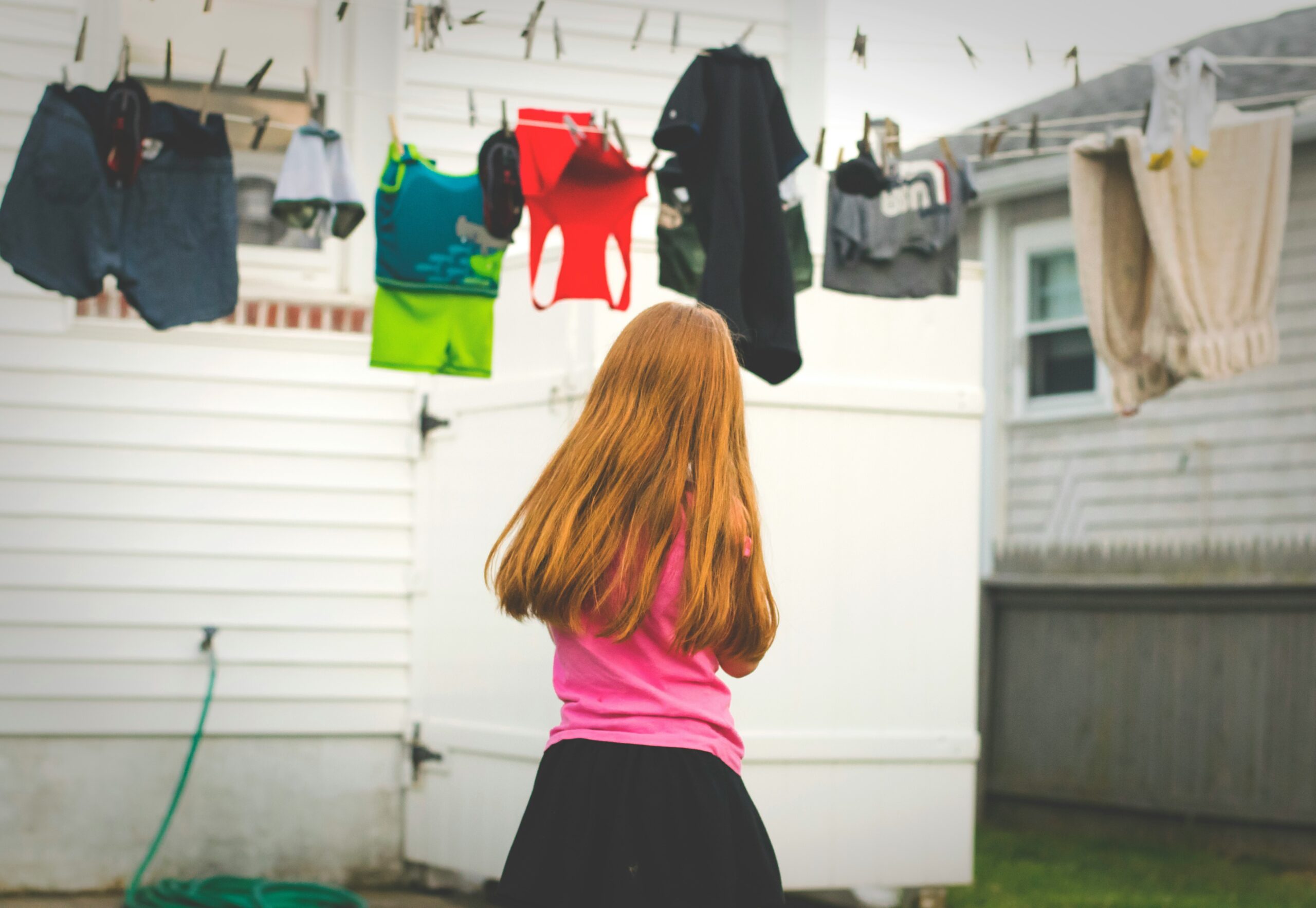By Dr Nicole Vassallo – Junior Associate
While the subject of domestic violence arises on a plurality of occasions thereby extending its outreach to the public, somehow its struggling victims seem to remain at the mercy of their perpetrator out of the mere lack of knowledge of their remedies at law, or their overriding fear to avail of them as is their right.
While domestic violence may arise in a number of familiar settings each referred to as ‘family or domestic units’, including between persons who are or were in an informal relationship or between persons simply having a child in common, a common scenario which shall be the topic of today’s discussion is domestic violence between spouses who consequently reside in the same household – with or without descendants – where the victim is also seeking to obtain personal separation against the spouse qua offender.
As per common practice, any procedure of personal separation notwithstanding the circumstances at play is initiated by filing a letter in the Registry of the Family Court requesting the appointment of a mediator. The said letter must include the details of both parties, the date and place of marriage, and the details of the children, if any.
Assuming that both spouses are residing in the matrimonial home at the time the above-mentioned letter is lodged, a domestic violence victim is entitled to file a court application before the Family Court for the Judge overseeing the mediation to provide a provisional order (legally known as a pendente litem order) to decide whom of the spouses shall reside in the matrimonial home during the pendency of the action for personal separation. This application may also be lodged at a stage where the victim already has, prior to the institution of the application, left the matrimonial home in desperate seek of refuge.
In view of the urgent nature surrounding the application, the latter shall be appointed for hearing within four days, and, besides issuing a decree on who shall be allowed to reside in the matrimonal home, the court shall have discretion – before or after hearing the parties – to issue a protection order or a treatment order, if needed, against the perpetrator according to the provisions of the Criminal Code.
During the pendency of the personal separation proceedings, the victim may also lodge an application seeking a pendente litem order by the presiding Judge regarding who shall be entrusted with the custody of the children. Indeed, the Court may decide to limit or deny the offending party access to the children altogether, if there is sufficient proof that such access would put the children at risk.
The law also contains an ‘umbrella’ provision capable of producing similar, yet graver, effects to the one described above insofar as the custody of minors is concerned. Upon a demand of the victim brought concurrently with sufficient evidence of domestic violence, the other party – in this context being the perpetrator – may be declared unfit by the court to assume the custody of the minor children. This demand may be lodged not only during the cause for separation – with the intention of seeking a pendente litem order – but also following a judgment of separation or divorce. Furthermore, the parent declared unfit by the court to assume the custody of the minor may not do so automatically upon the death of the other parent, but shall seek the court’s authorisation for this purpose, which authorisation may or may not be granted at the Judge’s discretion.
In similar situations which however concern two unmarried parties, where evidence of domestic violence is produced in a suit – not for personal separation – but for access and/or the care and custody of minors, the court also has the discretion to issue a protection order or a treatment order in terms of the Criminal Code to protect the safety of the parties and/or the minors concerned.
Any person subject to acts of verbal, physical, sexual, or psychological domestic violence including insults or threats, assault, sexual harrassment, fear of violence, and others by a spouse or partner, are encouraged to come forward and press charges at the Gender Based & Domestic Violence Unit located in the Police General Headquarters in Floriana. Domestic violence victims may also seek refuge at victim shelters across the island.
